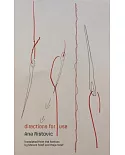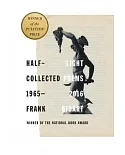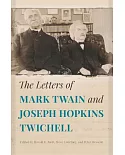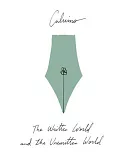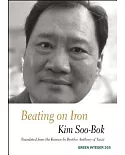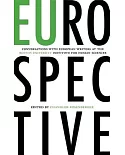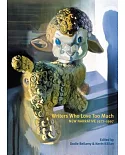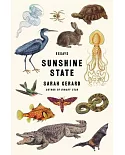In the great Bengali poet’s autobiographical writings we discover what his translators describe as a heart of love, a mind at its service that can cut like a knife, and in some sense the
spirit of a child.’ The six prose pieces, centering on the poet’s quest, were composed at landmark moments during the second half of his life and published posthumously. At each point he
looks back on a long creative journey. Here in their first English translation, the essays offer an insight into the intellectual and spiritual world of a twentieth-century genius.
Rabindranath Tagore (1861-1941) became the first non-Westerner to win the Nobel Prize for Literature in 1913. He was poet and writer of fiction, composer and artist and playwright,
educationalist and reformer. Among writers who translated his work were Gide, Neruda, Pasternak and Akhmatova. His world tours featured debates with figures as diverse as his friend and
admirer Gandhi, Einstein, Ezra Pound and H.G. Wells. The national anthems of both India and Bangladesh are Tagore’s compositions.
Devadatta Joardar (born 1965) is a resident of Calcutta and a Bengali scholar. He works as an engineer but his interests take him into other fields. He occasionally writes for
English-language dailies in India.
Born in London in 1943, Joe Winter taught English before taking early retirement. He has lived in Calcutta since 1994. Anvil has published his translations of Rabindranath Tagore’sSong
Offerings (Gitanjali), his selection of poems by Jibanananda Das, Naked Lonely Hand and Das’s collection of sonnets Bengal the Beautiful (Rupasi Bangla), and his own
Calcutta poems Guest and Host.


